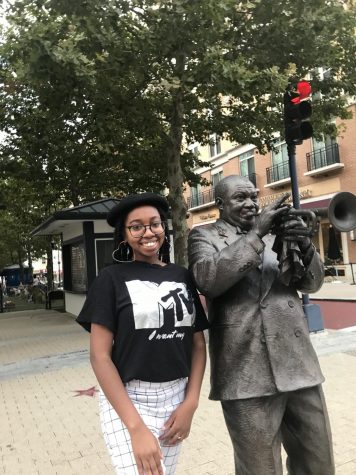Since childhood, many of us have learned to live for the validation of those around us, such as our peers, teachers or society in general.
However, wanting to meet or exceed the expectations our parents have for us can be a tremendous duty. Their expectations of us place an enormous amount of pressure on us to be successful in the way that only they find acceptable — and needless to say, we want nothing more to make our parents proud. We do what makes them happy and in exchange, our self-fulfillment suffers.
Of course, this stems from our desire for love and our sense of belonging. They seek affection and approval from others, as one of Maslow’s psychological needs.
Expectations like the ones from our parents can be very difficult to overcome. They want us to be happy. They want us to be fulfilled. They want us to feel significant and valuable. As a result, sometimes, they can project the dreams and aspirations they have for their children on them. In doing so, they mean well.
However, following all the dreams and ambitions they have in their hearts is not going to work for you simply because these are not your expectations. Happiness doesn’t work like that, and really, this is an easy way to live a life of perpetual frustration and dissatisfaction.
With that being said, know yourself and be content with who you are. Since we are all evolving into better and brighter individuals, the life experiences in which we find ourselves, understanding exactly who we are and being content with the idea of it, can be a lifelong journey.
This is where you can make the effort to try new things, meet new people and engage in a range of activities. For everything you haven’t experienced, you wouldn’t know if it would bring you happiness. This can all connect to the idea of you knowing who you are, what you want and what provides you with happiness.
Learning to be your authentic self can be a lifelong journey as well. Holding fast to confidence in what makes us unique is not always a simple concept. Sharing our energy, personalities, gifts and talents with the world can be awkward and uncomfortable. It’s not meant to be. It is the very thing that sets us apart.
This is where the journey of learning to be your true self comes into play. Following your heart and intuition when it comes to making decisions, being creative or forming new relationships is important. Learn to be yourself unapologetically. You should allow yourself time to let go of your fears and apprehensions, being honest and vulnerable. Be patient with yourself.
In doing these things, you will be able to set clear standards of what makes you happy and what brings you joy. There is a point where you have to decide to live for yourself and not for anyone else.
When you do this, you begin to approve of yourself, and you cultivate self-worth and self-confidence. You feel good about yourself, you start loving yourself and life more. It’s no longer about living up to the expectations of others; it’s about living on your own terms and setting the standard for your own life. In doing this, the less you will depend on external validation and you will put an end to people imposing their ambitions onto you.
Ultimately, you are in control of your life. The decisions you make, the friends you have and the activities in which you involve yourself in are all things that make clear what is important to you. The nice thing about it is that you go through life in seasons. You’re growing constantly and things may change. This is all okay.
Our parents may not understand this concept of living life for ourselves, but they equipped us with their respective principles of success to go out into the world and be our very best. They raised us to be ourselves and at the end of the day, that’s all we can be.
Trinity Bland is a sophomore studying journalism. Follow her on Twitter @trinityaliciaa.








